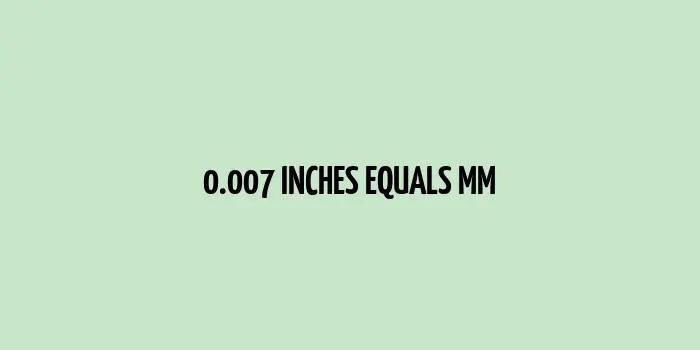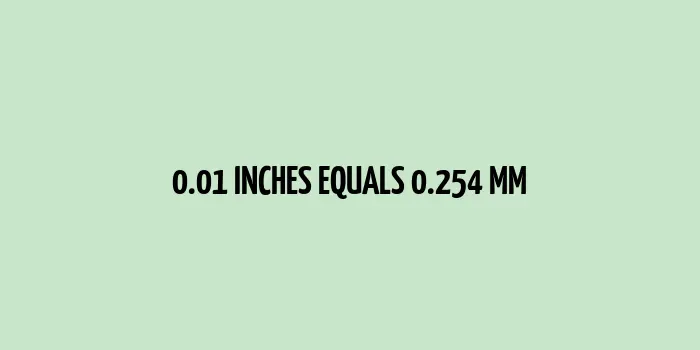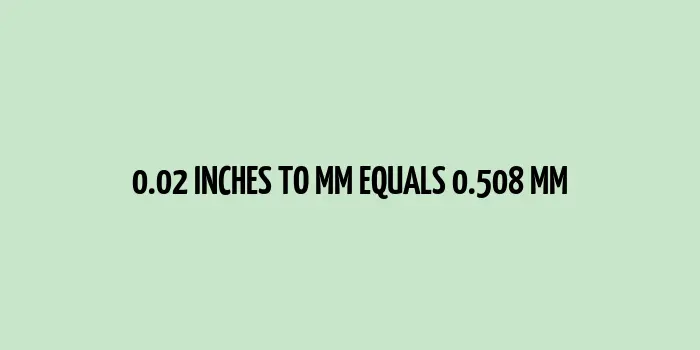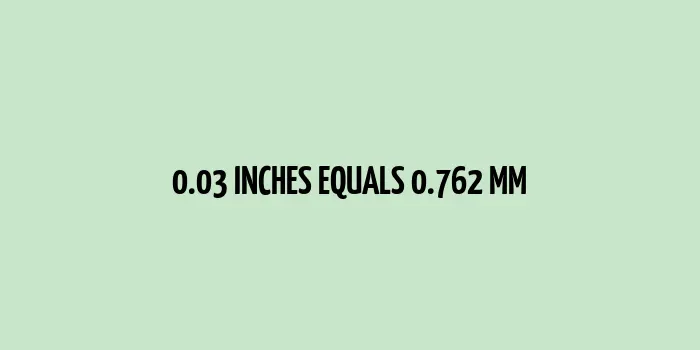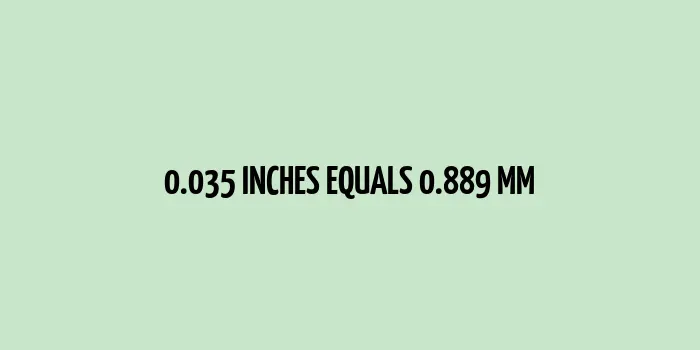6 inches to mm (Inches to Millimeters)
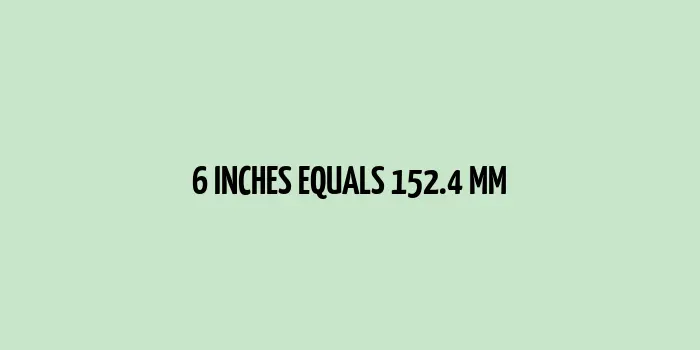
Here is how to easily convert 6 inches to mm
6 inches is equal to 152.4 mm. In an ever-evolving world, the need for precise measurement conversions is essential. Whether you're dealing with dimensions in a technical project, creating designs, or handling everyday tasks, understanding how to convert inches to millimeters can prove invaluable. This article explains the conversion of 6 inches to millimeters, its significance, and applications in a simple and SEO-optimized format.
To begin, the relationship between inches and millimeters is straightforward: 1 inch is equivalent to 25.4 millimeters. By multiplying the given inches (in this case, 6) by 25.4, you get the exact conversion. Therefore, 6 inches equals 152.4 millimeters.
Why Is Converting 6 Inches to Millimeters Important?
Precision in measurements is critical, especially in fields like engineering, manufacturing, and science where even the smallest miscalculations can lead to significant discrepancies. By understanding the metric conversion, you ensure accuracy in your work.
For instance, most European countries utilize the metric system, which includes millimeters, in their manufacturing processes. Companies operating internationally must adapt to these standards to maintain consistency and accuracy.
Moreover, the construction industry often specifies dimensions in millimeters to prevent errors. Minor measurement discrepancies can compound over large projects, leading to costly reworks.
Applications of 6 Inches to Millimeters Conversion
Understanding and converting 6 inches to mm has several practical applications:
- In the Medical Field: Precise measurements are critical. For example, tools and equipment specifications often use millimeters to ensure they meet medical standards.
- In Design and Architecture: Exact conversions are used to create accurate blueprints and plans. For example, architects may convert inches to millimeters to ensure building plans align with global standards.
- In Manufacturing: Internationally, manufacturing parts require precise measurements. Mistakes due to improper conversions can lead to significant defects.
Statistics Highlighting the Importance of Accurate Conversions
- 85% of global trade uses the metric system. Precise conversions between inches and millimeters facilitate smooth international operations.
- 70% of engineering failures are due to measurement inaccuracies. Using correct units, like millimeters, enhances precision and prevents errors.
An analogy to comprehend the need for exact conversions: Imagine trying to bake a cake without accurate ingredient measurements. A slight miscalculation in the amount of baking powder can make or break your cake, just as precision in measurements can affect the outcome of engineering projects.
Here’s an external resource to help better understand the conversion process Conversion Calculator.
Frequently Asked Questions (FAQs)
How do you convert 6 inches to millimeters?
To convert 6 inches to millimeters, multiply the number of inches (6) by 25.4 (since 1 inch = 25.4 mm). So, 6 inches * 25.4 = 152.4 mm.
Why is metric measurement preferred over inches in many industries?
The metric system is preferred due to its simplicity and ease of conversion, which reduces the risk of errors. It’s widely adopted globally, facilitating international trade and collaboration.
Can I use a simple rule to convert inches to millimeters?
Yes, a simple rule is to multiply the inch value by 25.4 to get the millimeter value.
What tools can help with these conversions?
Online conversion calculators and conversion charts are handy tools that can help with these conversions.
Why do architects use millimeters instead of inches?
Architects often use millimeters to ensure precision and standardization in measurements, especially in international projects.
Embracing the conversion from 6 inches to mm can enhance accuracy across various fields, contributing to improved quality and reduced errors. Always double-check your conversions and use reliable tools to ensure precision.
Finally, for projects requiring detailed measurements, remember that 6 inches equals 152.4 mm can be your cornerstone for accuracy.

